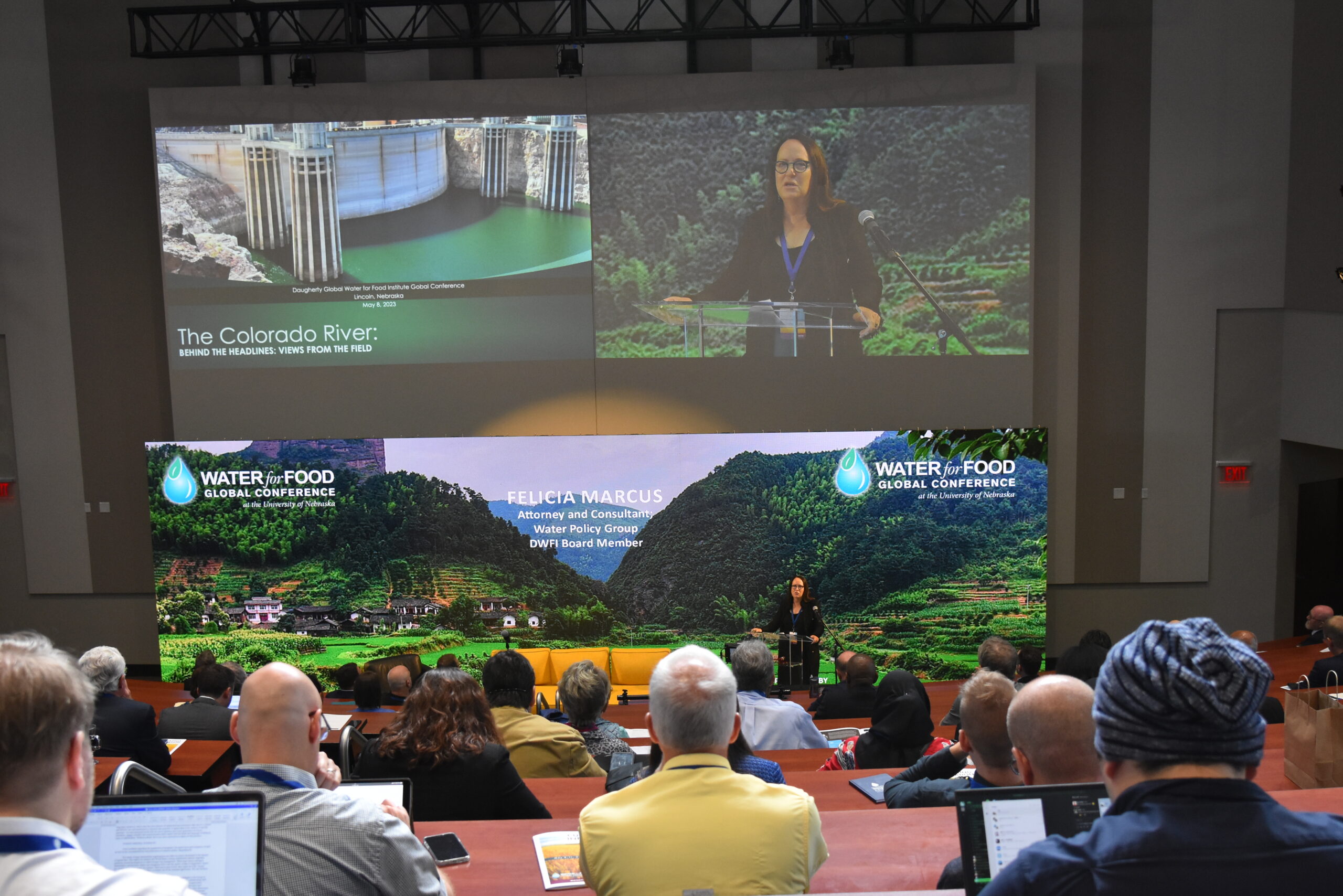Meet Andrew Prystai, CEO & Co-founder @ Event Vesta
How would you describe the startup culture in Nebraska?
I would describe it as collaborative and hardworking. I’ve never had a fellow founder say no to me when I’ve asked them for advice or help. The events, the programs and the ecosystem builders are continually working closer and closer in collaboration, which is tremendous to see. And such as sea change from where things have been at times in the past.
It’s hard working because there’s just a different culture here. Other Omaha startup founders I talk with want to grow quickly, but they also want to do it with sound fundamentals. They’re going to outwork anybody else—put in more hours, make more calls—and just build a fundamentally sound business.
How do you balance taking risks and making calculated decisions in pursuit of innovation?
The most calculated call is still a risk in the early stages of a startup. For example, spending even $1,000 on a new prospecting campaign or a new outbound service to try to get more customers still has a big downside if we get nothing out of that. Or if we get significantly less than using our traditional methods.
To decide I consider two things. I start by thinking of the worst case scenario—if we spent $1,000 then we need to land three demos to equal our other traditional channels. If we feel like we can at least get to that minimum bar, then it’s easier to justify whether or not this is worth it.
Next, it’s about weighing the risk of not doing it. If we don’t spend that $1,000, then we don’t unlock a new channel, or we don’t have this new feature that could potentially dramatically increase utilization of our platform.
Afterall, it’s just easier to not spend the money because you don’t know what’s going to happen. But you do know what’s going to happen if you don’t make a change.
How do you define success, and what metrics do you pay the most attention to?
I’d say overall, it’s are we, or am I, getting better? Is our company providing more value to our customers? Are we getting more customers onboarded than we did yesterday? Are we delivering them a better product experience than we did yesterday, or last month? If the answer is yes, then we’re on the right track.
On the personal front it’s doing things that are more interesting, that are more valuable to the community. Am I being a better husband, being a better leader than I was yesterday? And if I am then I feel like I’m being successful. And if not, then I need to figure out what to change.
Though serving on various boards and commissions, it’s really about the impact you make in that role in that position. Success is more about what you’re doing on a daily basis to make things happen, to make things better, more so than what you put on your LinkedIn profile.
What are the top one or two challenges / opportunities Nebraska startups face?
The top one is tech talent. The biggest thing that would help us create more startups is not investor capital. The big unlock comes if we had 10 more people like Ben Stevinson, the CTO of Workshop—who had the mindset, the tenacity, and willingness to take the cut in salary to work on a startup for a year or two before it actually starts paying off. Instead of working remotely for a big tech company like Google or Stripe or Microsoft, like they could. Getting the young tech talent and recent graduates to work on startups here in Nebraska is what’s going to dramatically change the trajectory of our ecosystem.
And if we have that, fundamentally, the capital will follow because startups can build the MVP. They can get to the first customers, and then it’s easier to get angel money. So it feels like we have that chicken in the egg problem wrong, where we need to get more developers that are willing to work on the nights and weekends first and get them trained up and then we can worry about the capital part.
What is one emerging industry or technology that you believe will have a significant impact on the Nebraska startup ecosystem in the next few years?
Video conferencing and distributed work has had a big impact on Nebraska. We’ve seen that in wages and more flexible employment opportunities available to people here. It provides us a great opportunity because we’re able to go out there and expand and get access to capital or customers or conversations that we didn’t have access to.
The Zoom-ification of work opened up the opportunity for people here in Nebraska to participate in groups or conversations that pre-COVID would have only happened in-person in places like NYC or Chicago. Founders can stay in Nebraska and build their company here in Nebraska without being required to move to the coast. That was uncommon for founders here 10 years ago if they wanted to build a big ambitious company. That’s a positive.
One that’s to be seen is very much AI. I think it has the potential to jeopardize a lot of jobs in Nebraska, especially ones that are customer service related or things that traditionally get outsourced to Nebraska pretty heavily. AI could very quickly replace the need for companies to have that job at all or have one person serve the role that 10 people did previously.
There’s also an opportunity with that displaced talent if we can retain, and retrain, and move them into startups. Or help them build their own company or use AI to build some amazing companies of the future. Then it could work out to be a massive win for Nebraska because no one knows who the winners are going to be in the space and what they look like.




